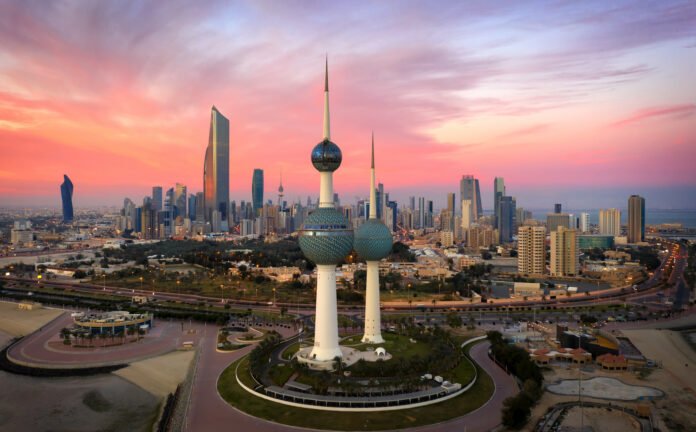Kuwait continues to advance public services through its cooperative sector. The Ministry of Social Affairs oversees 38 major projects worth nearly KD 25 million. As well as, these initiatives began from early January and extended through mid-July.
Khaled Marzouq, Acting Director of the Cooperative Facilities Department, provided these details. However he confirmed that these large-scale cooperative society projects form a central part of Kuwait’s development push.
In addition to the major projects, 227 small and medium-sized efforts were also carried out. Their total value reached approximately KD 2 million. As well as these included tasks such as computer supply, equipment installation, insulation, building maintenance, and landscaping.
All projects fall under three categories, based on cost. In addition cooperative society projects in Kuwait begin at the small-scale level, ranging from KD 2,500 to less than KD 15,000. These require three price quotes and full documentation.
Medium-sized projects, valued between KD 15,000 and KD 100,000, follow a more structured process. Consulting offices supervise them, or cooperative associations launch them through public tenders.
Large projects, above KD 100,000, demand a full competitive process. Additionally, authorities nominate ten consulting offices, announce public bids in newspapers, and award contracts through strict evaluation.
The Ministry of Social Affairs supervises every stage of each project. So, It qualifies contractors, monitors tenders, and ensures that payments and contract terms are followed.
Marzouq stressed that any company failing its obligations will face legal warnings. Repeat delays or abandonment of work trigger serious penalties.
The ministry inspects projects in both summer and winter. As well as, it checks the efficiency of air conditioning, waterproofing, and refrigeration systems. As well as unauthorized projects or neglect of existing infrastructure lead to fines.
For urgent repairs, such as refrigeration, electrical, or fire system failures, cooperatives can spend up to KD 7,500. However, they must inform the ministry immediately. Failure to report will lead to legal action.
All communications with other government agencies must go through the ministry. Cooperative societies cannot contact departments like the municipality, electricity, or state property offices directly.
Either the Ministry of Public Works or the Public Institution for Housing Welfare transfers new buildings in residential areas to cooperatives.
Once operational, these societies are monitored through a digital inspection platform. As well as, The automated system allows the ministry to track progress and contractor performance in real time using ISO standards.
These efforts show the ministry’s strong commitment to oversight, efficiency, and service quality. However, the focus remains on delivering reliable infrastructure while ensuring transparency.


